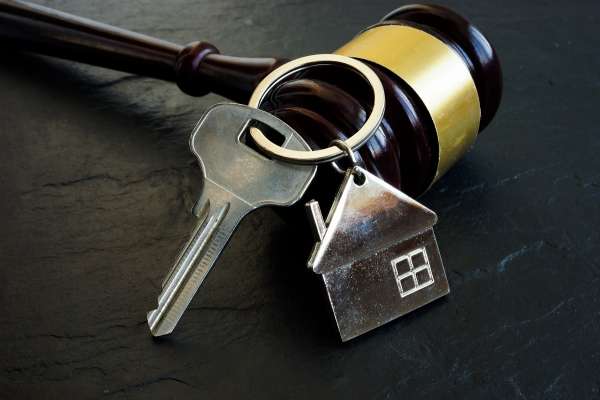The landlord argued for a ‘pay now, argue never’ approach, saying that the certificate was conclusive. However, the tenant argued for a ‘argue now, pay later’ approach.
A Deputy Master dismissed the application in the High Court, and a Deputy Judge of the High Court dismissed the landlord’s first appeal. The Court of Appeal allowed the landlord’s second appeal and entered summary judgement in the landlord’s favour.
The Supreme Court subsequently dismissed the tenant’s appeal against summary judgement, asserting that the provision in the lease referring to a certificate should be interpreted as being conclusive as to the service charge ‘sum payable by the tenant’. However, the Court noted that this does not avoid the possibility of the tenant, after it has paid the service charge, disputing that it had been improperly charged. Therefore, introducing a ‘pay now, argue later’ approach.


